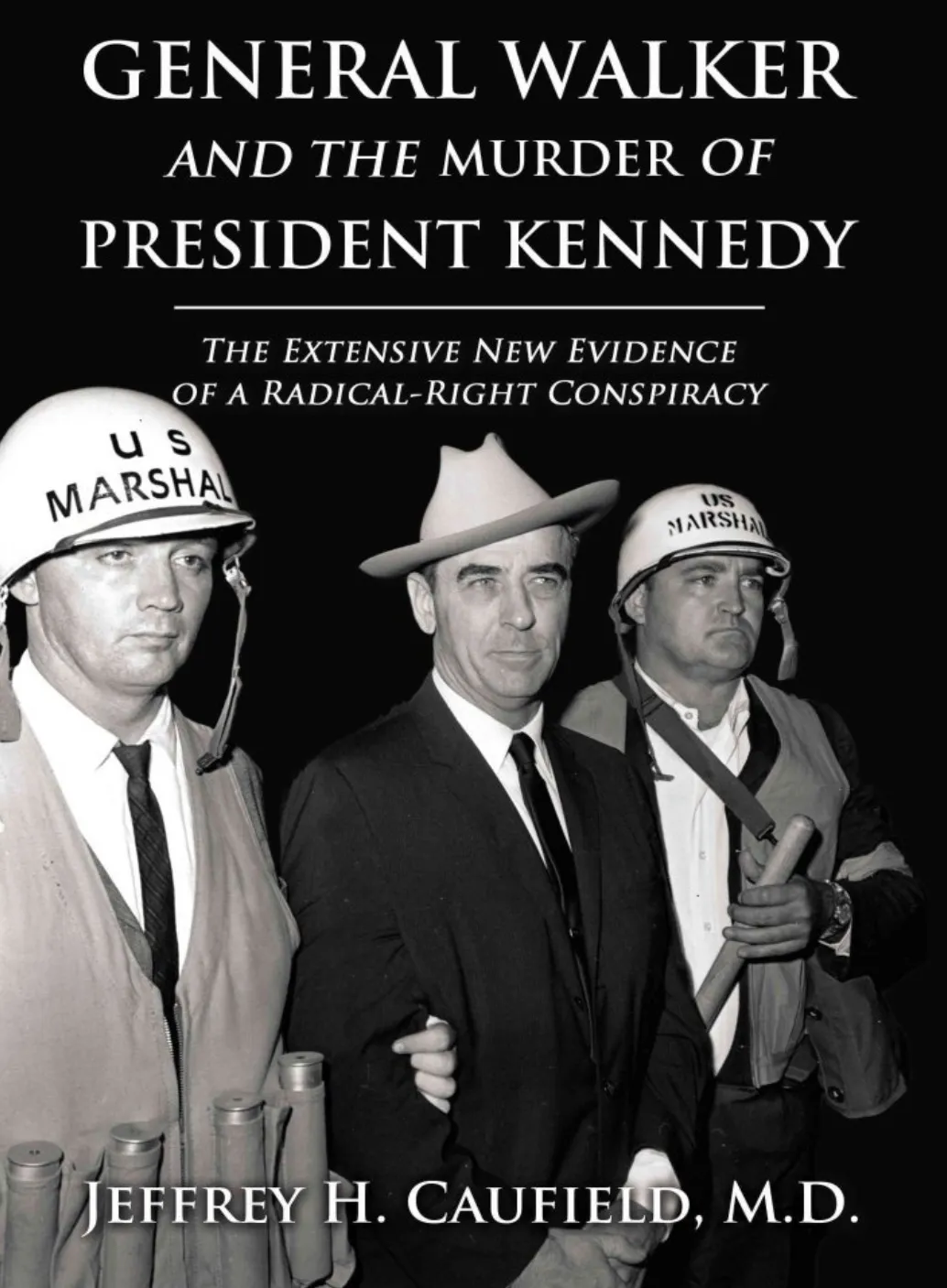I've decided to lay out -- in a series of a few posts -- the main contours of my case against Ex-General Edwin Walker, whom I believe to be the mastermind of the JFK Assassination.
I will preface this by saying that while Edwin Walker was a US General, I believe he served America with distinction and honor. I respect his service and sacrifice in World War 2 and the Korean War.
That said, we must squarely face the fact that Edwin Walker resigned from the US Army -- he did not retire as he easily could have -- but he resigned and thereby forfeited his 30-year Army Pension. Edwin Walker was the only US General to resign from the Army in the 20th century. It was a big deal at the time. Also, Walker submitted his resignation not once, but twice. The first time was under President Eisenhower in 1959. The second time was under JFK in 1961. Eisenhower made a deal with Walker. JFK could not.
My point is that, after Edwin Walker resigned from the US Army, he became a different person. He started out modestly -- as a right-wing speaker and pundit, who also ran for Texas Governor in 1962. He lost. He became increasingly radical, until the final day in September 1962, when he chose to lead a racial riot against a Black American, James Meredith, who had hopes to attend Ole Miss University. JFK sent Federal troops to Old Miss to ensure that James Meredith could attend class. Ex-General Walker sent thousands of Minutemen and armed rightists to Ole Miss to prevent that.
The fighting ensued in the late afternoon and continued for about 12 hours. Bricks and bottles were thrown from the rightists, and tear-gas was shot from the Federal troops -- and by the end, hundreds were wounded and two were killed. By the next morning, however, James Meredith was safely in his dorm room, surrounded by a 24-hour guard of Secret Service agents. Walker had lost.
But that was not the end for Walker. JFK and RFK were totally stressed out because the Cuban Missile Crisis was already emerging as a serious problem for America, and here was Walker promoting a racial riot. Although, it was a bad move, JFK and RFK decided not only to arrest Ex-General Walker, but to send him to an insane asylum. Almost everybody in America protested that move -- from the John Birch Society to the ACLU. Walker was set free in three days.
More importantly, Walker gained so much public sympathy from that White House mistake, that when Walker stood trial before a Grand Jury for his role in the Ole Miss riots, he was ultimately exonerated, and all charges were dropped by the end of January 1963.
Ex-General Walker was so energized by his acquittal that he began plans with segregationist Reverend Billy James Hargis for a coast-to-coast speaking tour, called the Midnight Ride. This lasted from about February through March 1963. He returned to Dallas in early April 1963, and he had been home only one day, and then, on the night of April 10, 1963, somebody tried to kill Walker by shooting at him from the alley outside his living room. The shooter barely missed.
Long story short -- Walker learned by April 14, 1963 from some mysterious person whom he would never name, that Lee Harvey Oswald had been his shooter that night. From that moment forward in 1963, Ex-General Walker became increasingly obsessed by Lee Harvey Oswald. As we read from his personal papers, Walker had convinced himself that RFK had personally sent Lee Harvey Oswald to kill him after his acquittal in the Ole Miss case. Walker was convinced of this for the rest of his life – as we can read from his personal papers.
In my view, what is most remarkable in history, is that two weeks after Lee Harvey Oswald's shooting at Ex-General Walker, we find Oswald in New Orleans, Louisiana, in the clutches of Ex-General Walker's good Minuteman buddy, Guy Banister. Here is where the history begins to ramp up.
(to be continued)




